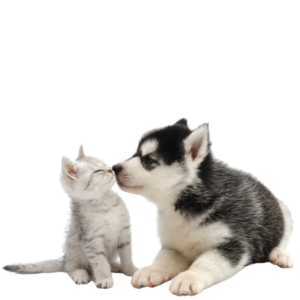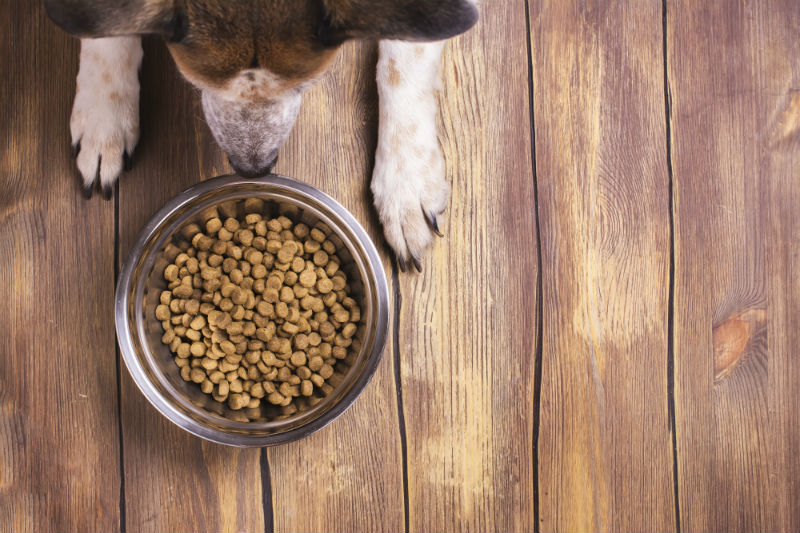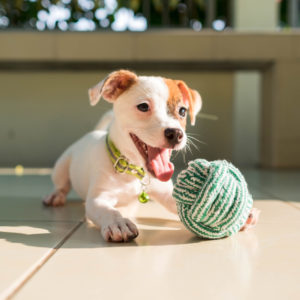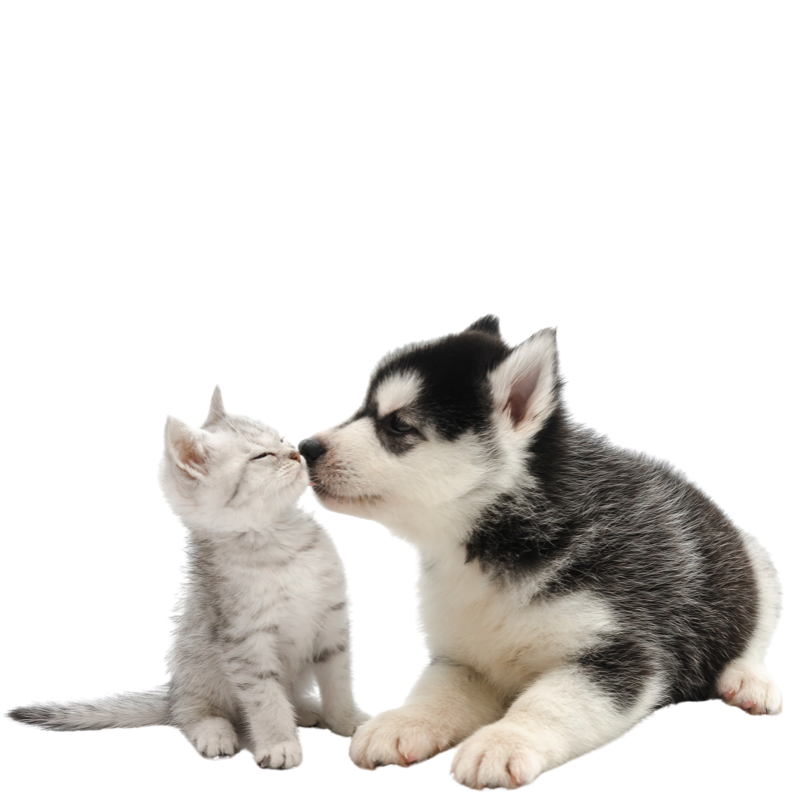Pet obesity is becoming a serious health concern. Right now about 54% of our animal pet population is overweight. This is a serious health risk that many pet owners are not taking seriously. It has become alarming how many pet owners see overweight or “chubby” dog as the norm and cute; this is not the case. An obese pet can shorten its life dramatically. Dogs especially, who are overweight are more at risk for illnesses, such as heart disease, cancer, thyroid issues and diabetes to name a few. Having too much weight on the body puts extra strain on joints which can lead to arthritis. It is better for your dog’s health to get them to lose weight as soon as possible.
If you are unsure if your pet is starting to become overweight, here are some telltale signs as follows:
- Can you feel your pet’s ribs? If not, then your pet may be becoming overweight. You should be able to feel your animals ribs without pressing in.
- Does your pet have a hanging abdomen? If so, then there is a high chance your pet should be on a diet and be getting more exercise.
- Your pets chest should be wider than the abdomen, with a noticeable tuck from the chest up from the stomach.
- An obese pet will have no distinction between the stomach and the chest and generally no waistline.
If you feel your pet runs underneath the above guidelines, there are ways that you can prevent it from going. Further, You can consider these options:
- First and foremost, you should schedule an appointment with your veterinarian to have your animals assessed regarding their weight issues and health.
- Find a healthy weight loss food that fits within your budget.
- Use a measuring cup and follow the guidelines to determine how much food intake your pet should have for the day.
- Healthy treats only should be given and at a limited amount. Blueberries, carrots and apples are good healthy treats!
- Exercise is key! This is not only great for your pet but the owner as well. Exercise includes but not limited too, walks, throwing a ball, swimming, running around your backyard and playtime with other animals or with you.
Remember, overfeeding and not exercising your pet is also known as a soft form of neglect and abuse. Sometimes loving your animal too much with food and couch time can be harmful. If you would like to discuss further give us a call at the Torbay Road Animal Hospital.
Written by Torbay Road Animal Hospital




